My books have been banned.
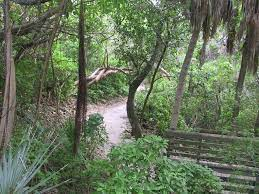
It happened yesterday. No, they weren’t added to Florida Gov. Ron DeSantis’ list of politically unacceptable literary works – though that could be on the horizon. This banning occurred in a park.
In truth, I wasn’t surprised. Authors have to plumb their creative depths for drawing attention to their books out of the 500,000 to a million published each year – not counting self-published books, which add another three million or so. One way to do this is hawking them at whatever venues authors can discover.
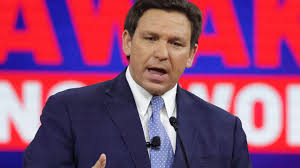
Florida is fertile soil for such exposure, with outdoor festivals of every kind held throughout the year due to the balmy temperatures and abundant tourists. The problem is that the presenters usually charge big fees for selling merchandise, and authors don’t make enough money on their works to warrant the expense. I’ve been fortunate to come across a couple of event producers who’ve understood our plight and waived the fees. The operators of Latitude-88 in Vero Beach, which holds art-and-craft festivals in many Florida locations, have been especially kind. It probably benefits them, anyway, adding a dimension that arouses a lot of interest among attendees.
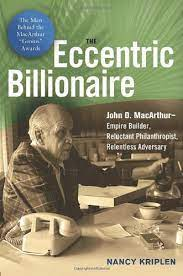
So, when I read that a bluegrass band was slated to perform at John D. MacArthur Beach State Park on a barrier island in the north part of Palm Beach County, I figured it would draw a large crowd and people would buy my books. I’d somehow lug a box of copies and display paraphernalia, along with a card table and chair, from my car to a spot on the beach. A charge of only $4 was levied to enter the park.
It didn’t quite work out that way. Driving along the long, narrow, serpentine roads leading through the woods to the beach, I wondered how far I’d have to carry my materials. The place was packed – no parking spaces. Finally, I found a space that read Volunteer, and figured it would remain empty. I walked the path to a visitors center, and there, under a roof in front of a small grandstand, was the bluegrass outfit, strumming away. The audience was small.
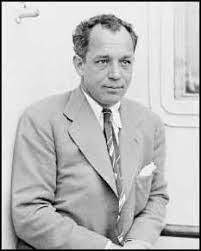
What to do? I’d driven 25 or so miles and 40 minutes to get there, and didn’t want to give up. A steady stream of beach-clad folks was heading down this path toward a fork that veered left to the beach. That’s where the big majority were going and coming. So I carried my stuff to a spot off the path – fighting through the pain of my game right leg – and set up my exhibit.
Turned out these people were celebrating their leisure time, and in no mood to read. One wanted to buy Blood on Their Hands after my pitch, but had no cash or credit card. She asked if I took Zelle. What’s that, I asked, and learned later it was some new mobile app. A few stopped to chat, and said, sincerely or not, that they’d be back.
They didn’t get a chance. Carts ferrying beach-goers from and to their vehicles passed frequently, and I ignored them, hoping the drivers wouldn’t report me. After 35 minutes, a young, uniformed woman drove up in a cart, got out, and asked about my books. I feigned innocence, and went into an enthusiastic description of Blood on Their Hands and Murder in Palm Beach. She cut me off.
“Who did you get permission from to sell your books?” “Geez, I don’t remember his name.” “We checked with management, and they knew of no one asking to sell books here. I’ll have to ask you to pack up and leave.”
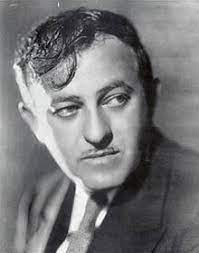
“Did you know that John D. MacArthur’s brother was a famous writer? John wouldn’t approve of the eviction of an author from his park.” Charles MacArthur was a playwright/screenwriter who collaborated in the 1920s to 1950s with Ben Hecht in writing a panoply of screenplays, perhaps the best-known of which was The Front Page. In 1935, he won an Academy Award. What’s more, MacArthur was a reporter for Chicago’s City News Bureau (as was Kurt Vonnegut) in the same building where I later worked (okay, by a few decades) for The Associated Press. Wow, would this security officer have been impressed by that! Instead, a stern stare that kept my lips closed.
“Okay, can I get my four dollars back?”
“Sure. Just stop at the entrance station.”
One park visitor asked me jokingly if Blood on Their Hands had been banned. It deals with racism, after all. “Not yet,” I replied.
That got me to thinking. DeSantis would likely ban it if it came to his attention, and the ensuing publicity would make it a prized possession. But that probably wouldn’t happen unless some parent found it in a library and complained. Unlike Murder in Palm Beach: The Homicide That Never Died, Blood isn’t in a library, as far as I know.
Got to get to work on that.
